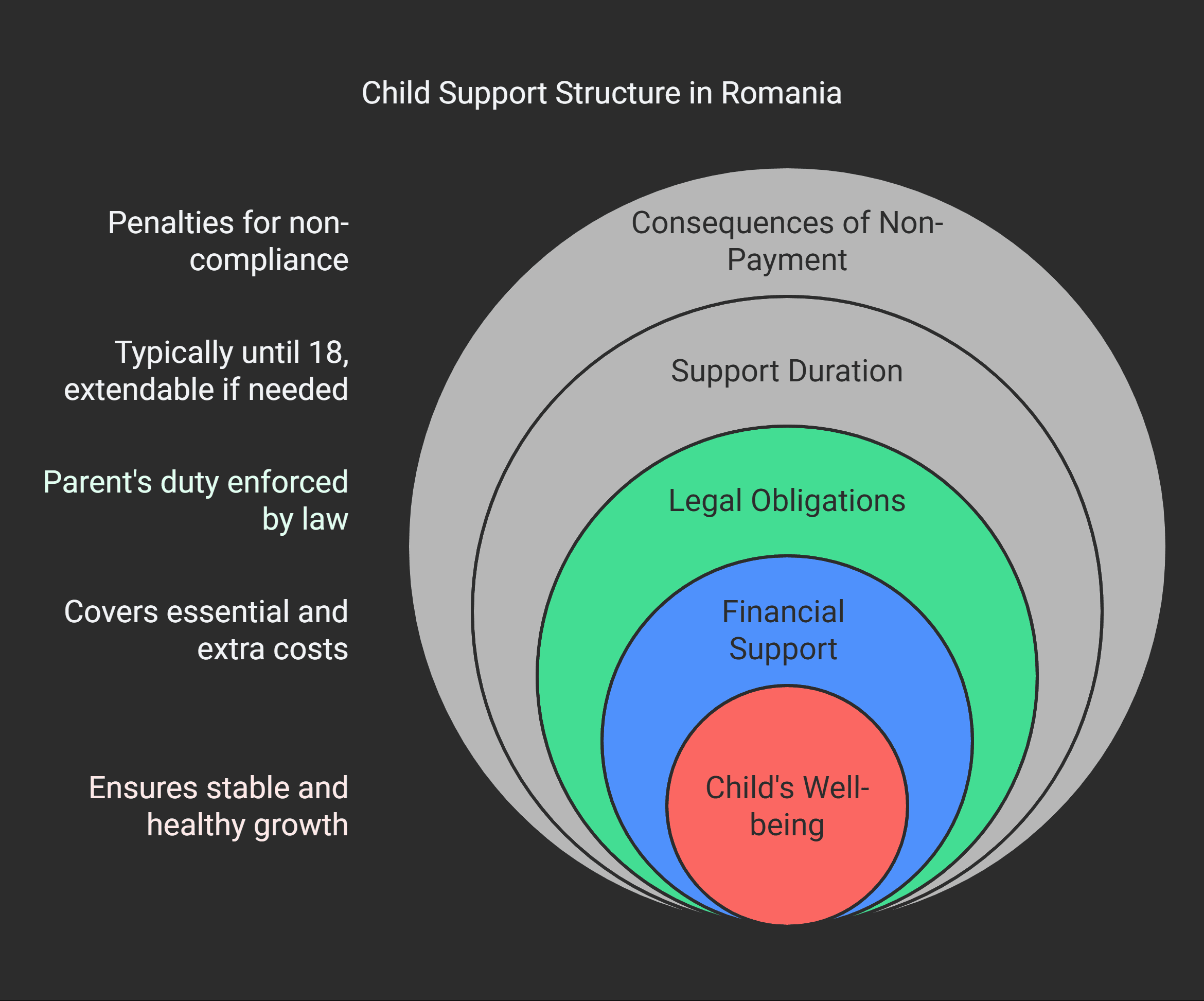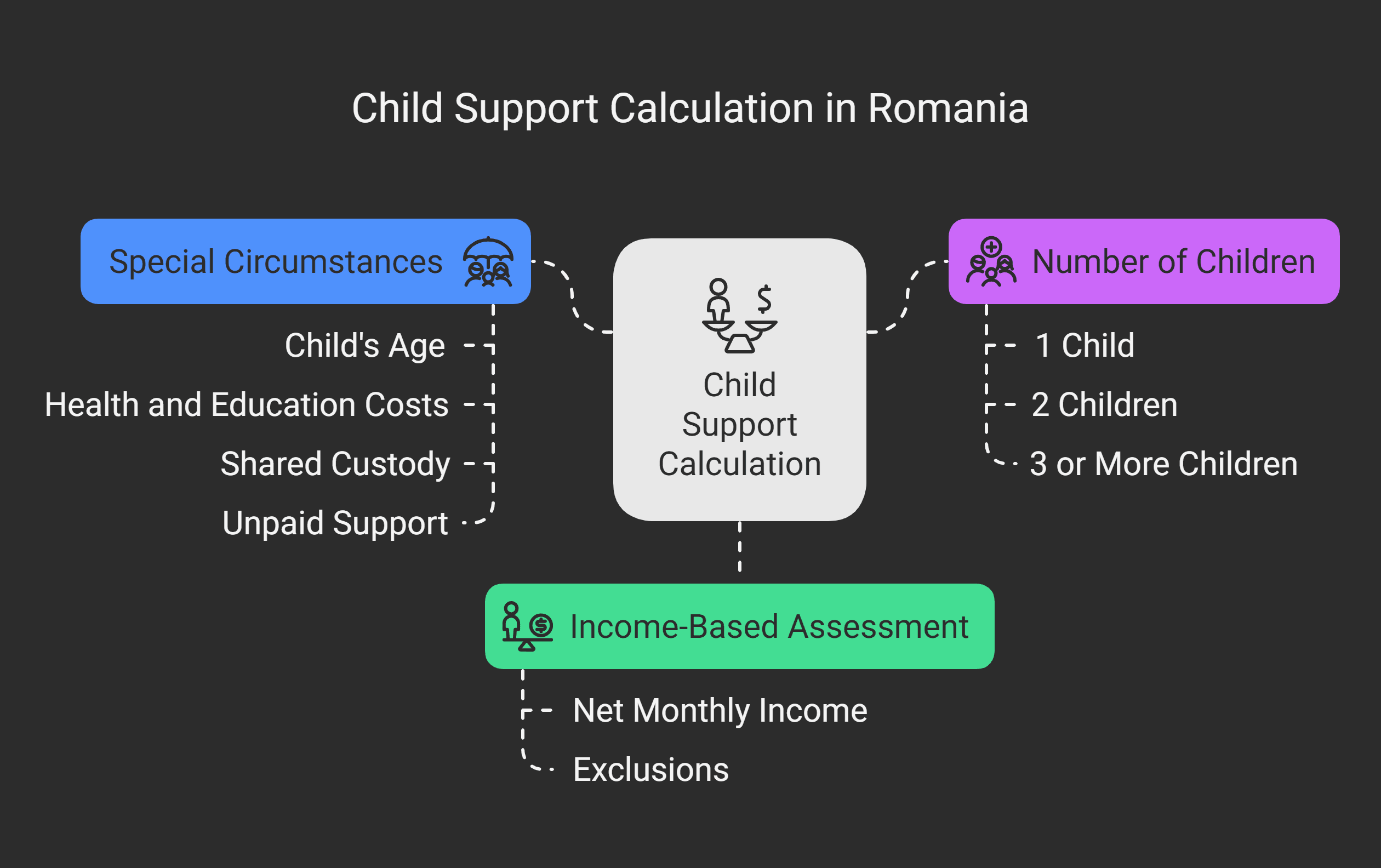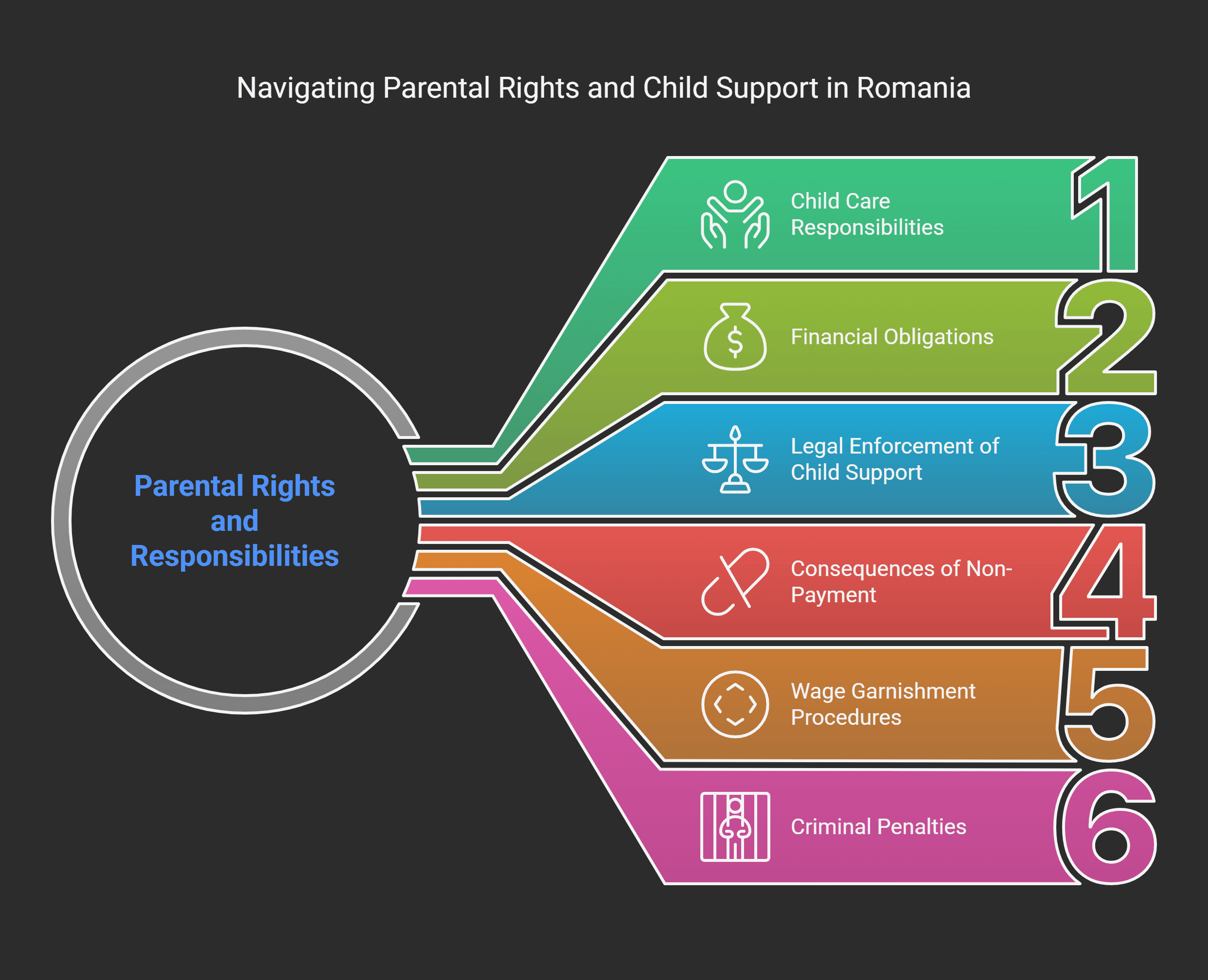Protect Yourself from Phishing Scams in Romania
Protect Yourself from Phishing Scams in Romania
Did you know 71% of working adults in Romania have taken risky online actions?
This shocking fact from Proofpoint’s 2024 State of the Phish Report shows we need to know about phishing scams in Romania.
It’s key to understand how to avoid email fraud and identity theft in Romania.
Phishing scams in Romania are getting smarter, targeting both people and businesses.
Scammers use fake emails and social engineering tricks to steal your info.
This guide will teach you how to spot and stop these scams in Romania.
Every time you check your email, browse social media, or shop online, you face phishing threats.
By staying informed and careful, you can lower your risk of falling for these scams.
Let’s explore how to protect your digital world from phishing attacks.
Key Takeaways
- 71% of Romanian working adults engage in risky online behavior;
- Nearly 70% of Romanian organizations faced ransomware attacks;
- Emails are the primary vector for social engineering breaches;
- Implementing security training reduces phishing vulnerability;
- Always verify website security before entering personal information;
- Use two-factor authentication to enhance account security;
- Stay alert for various phishing types: vishing, smishing, and spear phishing.
Understanding Phishing Scams in Romania
Phishing scams are a big problem in Romania.
Cybercriminals use smart tricks to get your information.
It’s important to know how to protect yourself and stay safe online.
What is Phishing and How it Works
Phishing is when scammers try to trick you into giving them your personal info.
They might pretend to be someone you trust, like a bank.
In Romania, about 1 in 3 people have been targeted by phishing scams in the last year.
Common Types of Phishing Attacks in Romania
Email phishing is the most common, making up over 70% of scams.
SMS scams, or “smishing,” have jumped six times in 2023.
The most common scams target banks, followed by courier and telecom services.
Current Threat Landscape
The threat in Romania is changing fast.
Scams about cryptocurrency and investments have caused a 50% rise in financial losses.
Also, 60% of people can’t tell fake banking websites from real ones.
It’s key to be careful and know how to protect yourself online.
Banking and Financial Phishing Threats
Romanian banks are facing big cybersecurity challenges.
Phishers are targeting them, putting your money at risk.
It’s key to prevent online fraud in today’s digital banking world.
Scammers use smart tactics to steal your info.
They make fake bank emails and apps that seem real.
Some even pretend to be financial advisors to trick you.
Never give out card numbers, PINs, or activation codes via email.
Always update your info through official channels.
This shows how important email security is.
To protect yourself:
- Check sender email addresses carefully;
- Don’t click links in suspicious messages;
- Use official bank websites and apps only;
- Enable two-factor authentication on accounts;
- Report any suspicious activity immediately.
Stay alert and use anti-phishing strategies to keep your money safe.
Cybersecurity in Romania needs banks and customers to work together to stop scams.
Social Engineering Tactics Used by Romanian Scammers
Romanian cybercrime has grown, with scammers using smart social engineering tricks.
These methods are part of the rising phishing attacks in Romania.
It’s key to know how to fight these scams.
Psychological Manipulation Techniques
Scammers try to create urgency or play on emotions to trick victims.
In 2019, they used a tactic called “accident method.”
They called people, pretending their loved ones were in danger.
This method tries to make victims act without thinking.
Common Persuasion Methods
Cybercriminals use many ways to trick people:
- Fake contests: In 2019, they promised iPhone X Max prizes to trick victims.
- Impersonation: They pretended to be trusted companies like Fan Courier to spread malware.
- Celebrity exploitation: In 2019, Simona Halep’s Instagram was hacked for scams.
- Trust exploitation: They made fake identities of famous people to ask for money.
Red Flags to Watch For
To stay safe in Romania, watch out for these signs:
- Urgent requests for personal or financial info;
- Suspicious links or attachments in emails;
- Unwanted calls asking for sensitive data;
- Messages that push you to act fast;
- Offers that seem too good to be true.
By spotting these tricks, you can protect yourself from phishing scams.
This helps keep Romania’s cybersecurity strong.
Email-Based Phishing Schemes
Email scams in Romania are a big problem.
Scammers send fake messages that seem real.
They want your personal info. This fraud is getting worse fast.
Phishing emails ask for sensitive information.
They might want your name, CNP, or bank details. Real companies never ask for this by email.
If you get such a request, it’s likely a scam.
- 90% of data breaches start with a phishing email;
- 1 in 3 people face a phishing attempt yearly;
- 60% of scams create false urgency;
- 70% of phishing emails are generic.
To fight hacking threats in Romania, watch out for urgent emails.
Check the sender’s address well.
Don’t click on links or download files from unknown sources.
These steps help protect you from cybercrime in Romania.
| Common Phishing Tactics | Red Flags |
|---|---|
| Fake bank emails | Requests for login info |
| Humanitarian aid scams | Pressure to act fast |
| Investment fraud | Promises of high returns |
| Copycat websites | Slight URL changes |
Stay alert and protect your digital identity.
If you see a suspicious email, report it to your local cybercrime unit.
Your watchfulness helps fight online fraud in Romania.
Mobile Phone and SMS Phishing
Smartphones are now a big part of our lives in Romania.
This has led to a rise in mobile phishing attacks.
In 2023, smishing attacks went up six times from 2022.
This shows we need to be more careful online.
SMS Scam Patterns
Cybercrime in Romania often uses fake SMS messages to trick mobile users.
In early 2023, 75% of these scams tried to steal identities. They use tricks to look real.
Scams include fake delivery notices, winning prizes, and urgent account updates.
These messages aim to get your personal info.
Mobile Banking Threats
The banking sector is a big target for mobile phishing.
Over three years, 56% of smishing scams were about banking.
Scammers pretend to be banks to get your info or take you to fake sites.
SIM Card Fraud Prevention
To avoid SIM card fraud, tell your service provider if you notice anything odd.
Use two-factor authentication for all accounts. Also, be careful of messages asking for personal info.
| Sector | Percentage of Smishing Scams |
|---|---|
| Banking | 56% |
| Courier Industry | 25% |
| Telecommunications | 15% |
| Other | 4% |
Stay alert and learn about these threats to keep your internet safe in Romania.
Always remember, real companies don’t ask for your info via SMS or email.
E-commerce and Online Marketplace Scams
Online marketplace scams are becoming more common in Romania.
They target sites like Facebook Marketplace, TikTok Shop, and Instagram.
Scammers use advanced methods to steal your personal and financial details.
They often use fake payment confirmation emails to trick sellers.
This makes sellers send items without getting paid.
Another scam involves sellers claiming items have been shipped when they haven’t.
To stay safe, follow these tips:
- Use secure payment methods;
- Avoid deals that seem too good to be true;
- Enable two-factor authentication on your accounts;
- Be cautious of urgency tactics pressuring you to act quickly.
Romania is working hard to fight these scams.
The government is making new laws and starting education campaigns.
Keep up with these efforts to enjoy safe online shopping.
Identity Theft Prevention Strategies
Identity theft in Romania has jumped by 354% from 2022.
This makes it a big threat online.
With financial fraud losses hitting 1.13 billion euros, keeping your personal info safe is key.
Let’s look at ways to protect your identity from hackers in Romania.
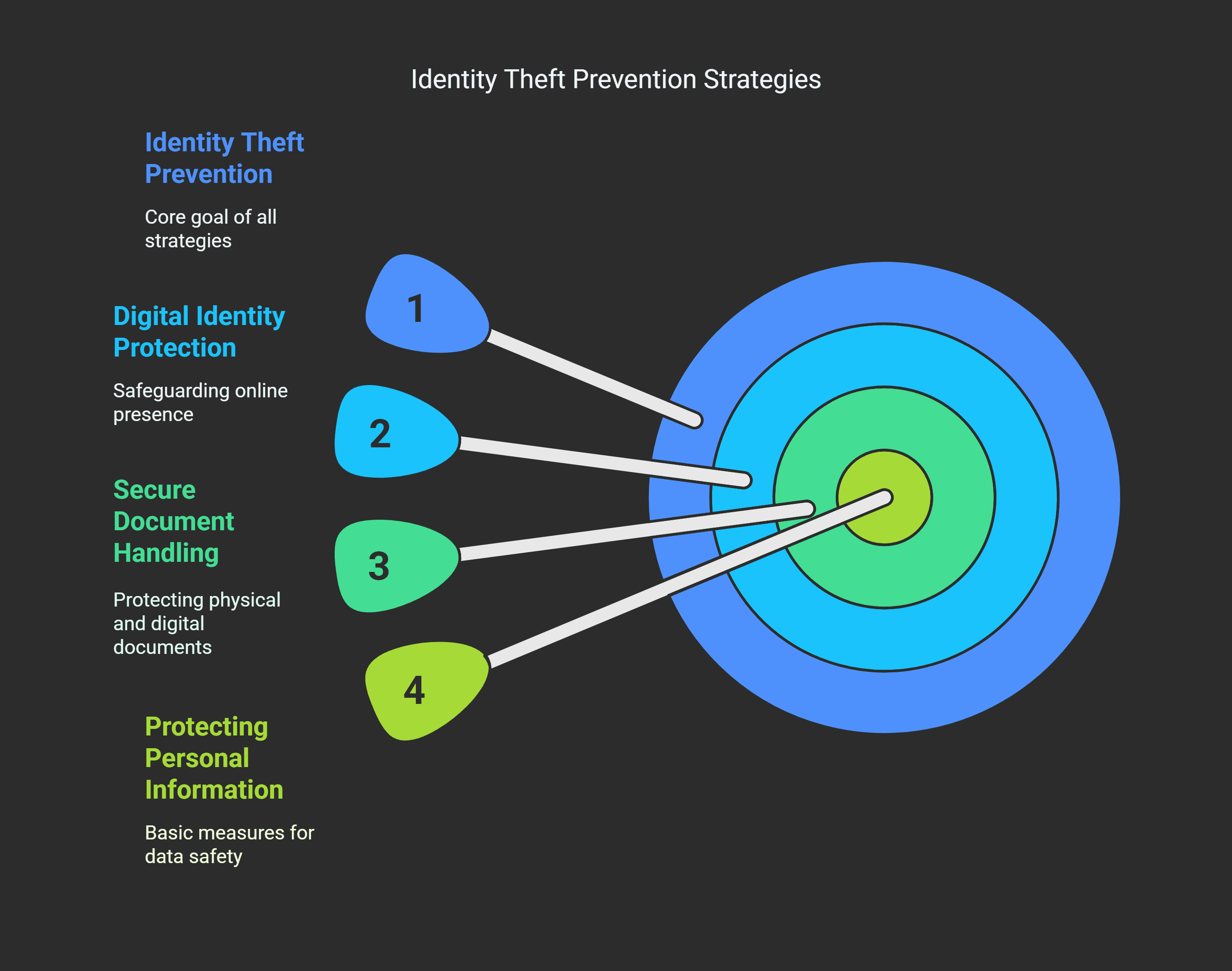
Protecting Personal Information
Keep your data safe.
Don’t share personal details online, and be careful on public Wi-Fi.
Use strong, unique passwords for all accounts.
Try to make them at least 12 characters long, with a mix of letters, numbers, and symbols.
Enable two-factor authentication for extra security.
This adds an extra step to log in.
Secure Document Handling
Handle sensitive documents carefully.
Shred papers with personal info before throwing them away.
Keep important documents in a safe place at home.
When sending sensitive info online, use encrypted connections.
Look for “https://” in website URLs to ensure it’s secure.
Digital Identity Protection
Use strong email security to avoid scams. Install reputable antivirus software to fight malware.
Update your passwords often, but make sure they’re complex.
Consider using a password manager to keep your passwords safe.
This way, you can have complex passwords without having to remember them all.
- Monitor your credit reports regularly;
- Place fraud alerts with credit bureaus;
- Use identity monitoring services;
- Be cautious of phishing attempts;
- Limit personal information shared on social media.
By using these strategies, you can lower your risk of identity theft in Romania’s digital world.
Secure Online Banking Practices
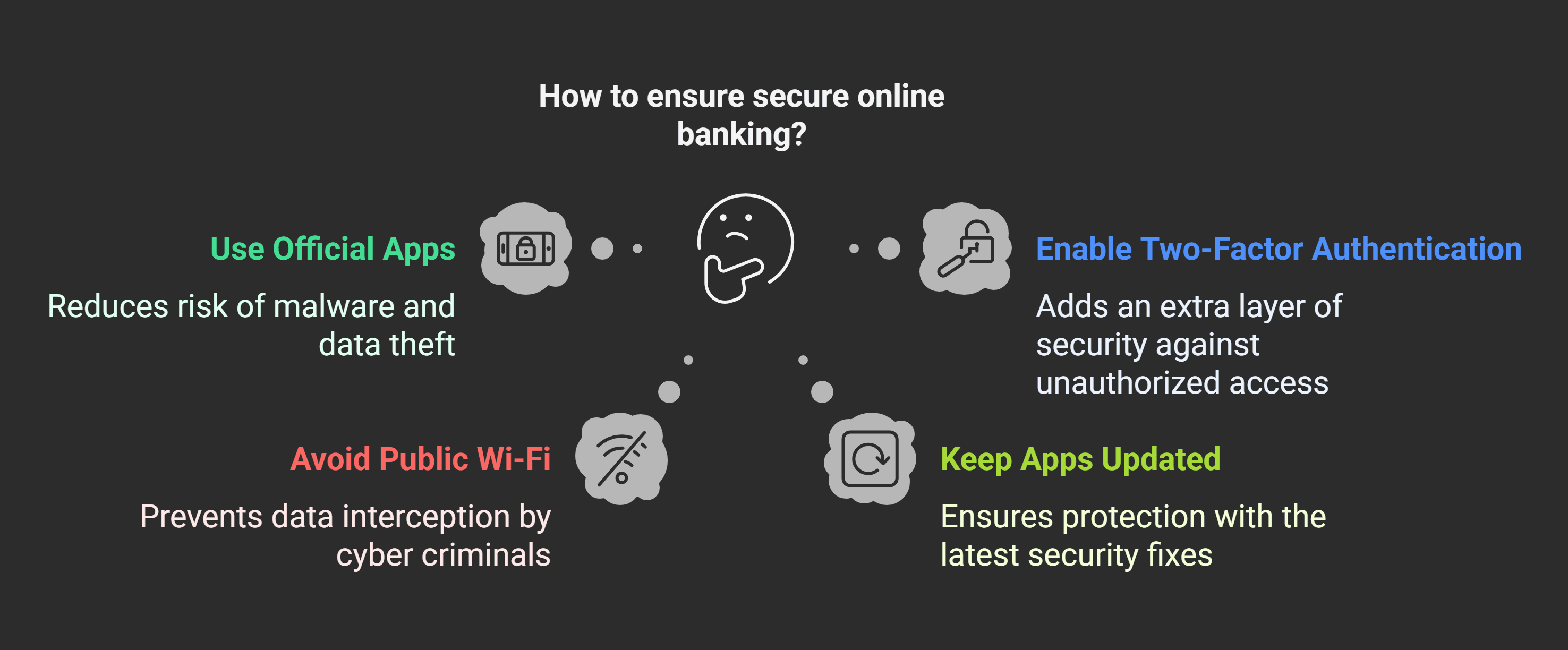
In Romania, keeping your online banking safe is key as cyber threats grow.
Banks have rules to protect your money, but you also have a big part to play.
By using smart methods, you can protect yourself from hackers and data breaches.
Only use official banking apps from places like Google Play or Apple’s App Store.
This keeps you away from malware that could steal your info.
Always check the URL for “https” and look for the padlock icon when you’re on your bank’s site.
These signs mean it’s a secure connection.
Turn on two-factor authentication for more security.
This makes it tough for hackers to get into your account, even if they know your password.
Also, don’t do banking on public Wi-Fi.
These networks are not secure and can let cyber criminals see your data.
Keep your devices and banking apps up to date.
These updates often include security fixes that fight off new threats.
Be careful of emails or texts that seem to be from your bank but aren’t.
Scammers often use these to trick people into sharing sensitive info.
| Banking Security Measure | Effectiveness | User Adoption Rate |
|---|---|---|
| Two-Factor Authentication | High | 68% |
| Secure Wi-Fi Usage | Medium | 82% |
| Regular App Updates | High | 75% |
| Phishing Awareness | Medium | 60% |
By being careful and following these steps, you can enjoy online banking safely.
Remember, your bank will never ask for your sensitive info via email or text.
If you’re unsure, always call your bank directly using official channels.
Two-Factor Authentication and Security Measures
In Romania, hacking and cyber fraud are big problems.
Two-factor authentication (2FA) is a key defense against online scams.
It adds an extra layer of protection to your accounts, making it harder for cybercriminals to get in.
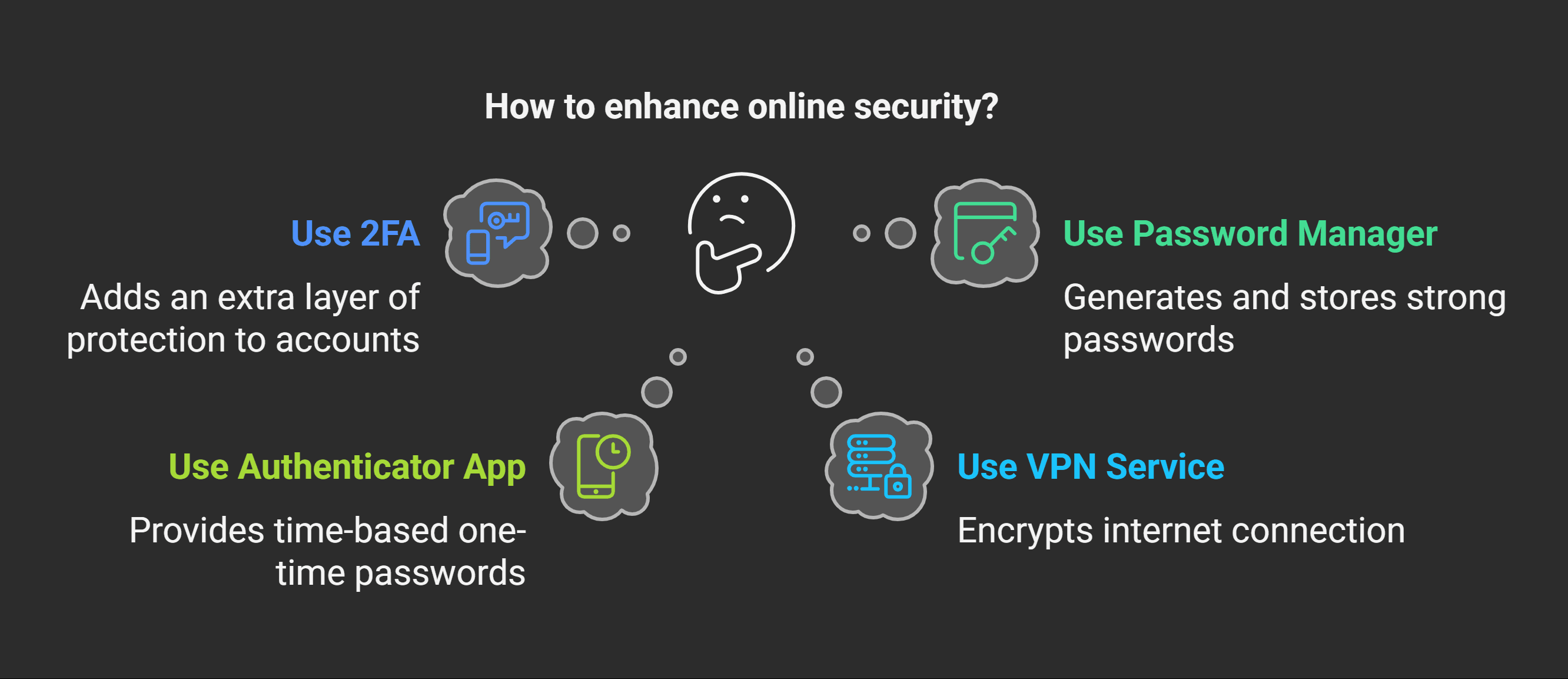
Setting Up 2FA
To boost your internet security in Romania, set up 2FA on your key accounts.
Most platforms have this feature in their security settings.
You’ll need to give a phone number or email for verification codes.
Some services also support authenticator apps or hardware tokens for more security.
Authentication Best Practices
When using 2FA, follow these best practices to protect against spam emails and online scams in Bucharest and beyond:
- Use unique, strong passwords for each account;
- Opt for authenticator apps over SMS when possible;
- Regularly update your recovery information;
- Be cautious of phishing attempts disguised as 2FA prompts.
Security Tool Recommendations
To further safeguard against cyber fraud in Romania, consider these security tools:
| Tool Type | Recommendation | Key Feature |
|---|---|---|
| Password Manager | LastPass | Generates and stores strong passwords |
| Authenticator App | Google Authenticator | Provides time-based one-time passwords |
| VPN Service | VPN | Encrypts internet connection |
By using these security measures, you’ll greatly lower your risk of falling victim to hacking attempts and online scams in Romania.
Stay alert and keep your digital defenses strong.
Recognizing Fraudulent Websites
It’s important to know how to spot fake websites to avoid scams in Romania.
Most people can’t tell if an email is a scam.
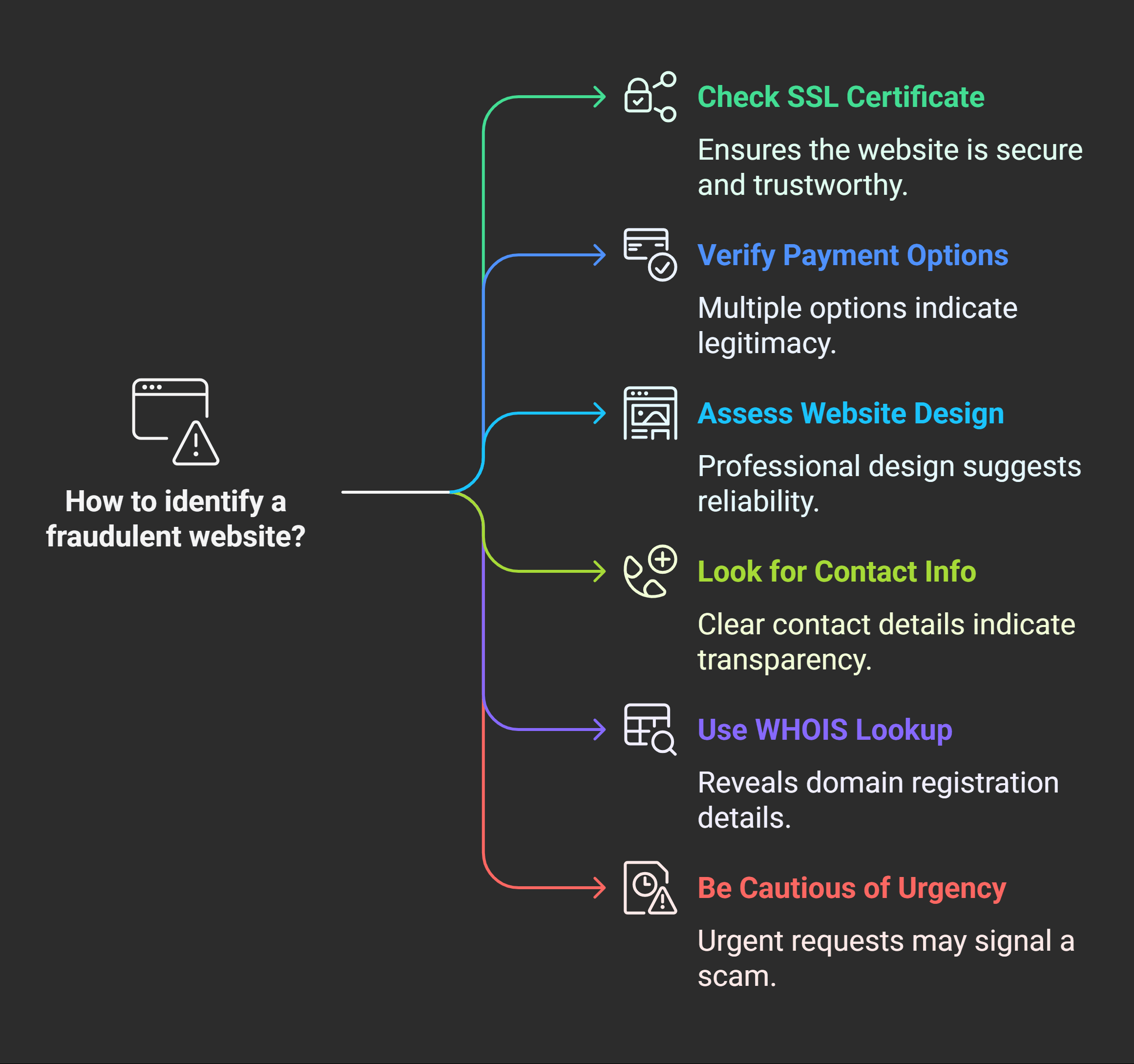
Look for signs like bad design, weird URLs, and no security certificates.
Watch out for sites that are new.
Real sites offer many ways to pay, but scams only take bank transfers.
If there’s no “contact us” page, it’s a warning sign.
Also, fake sites often have spelling errors and low-quality images.
To stay safe from scams, check who owns a website.
Real sites feel professional. If you see bad reviews, it might be a scam. Always be careful and listen to your gut when online.
- Verify the website’s SSL certificate;
- Check for multiple payment options;
- Look for a professional design and clear contact information;
- Use WHOIS lookup to check domain registration details;
- Be cautious of urgent offers or requests for personal information.
Romanian Cybercrime Reporting Procedures
In Romania, the battle against spam and email fraud never stops.
It’s key to know how to report cybercrime.
This guide will show you how to report and stay safe online.
Official Reporting Channels
The Fight Against Fraud Department (DLAF) leads the fight against cybercrime in Romania.
If you spot suspicious online activity or get caught in a spam trap, tell DLAF right away.
They are experts in keeping the internet safe.
Documentation Requirements
When you report cybercrime, collect all the evidence you can.
This includes:
- Screenshots of suspicious emails or websites;
- Transaction records if financial fraud occurred;
- Any communication with the suspected scammer;
- Dates and times of incidents.
Having detailed evidence helps authorities tackle spam in Romania better.
Contact Information for Authorities
To report cybercrime or get help with internet security, use these contacts:
| Authority | Contact Details |
|---|---|
| Fight Against Fraud Department (DLAF) | Address: Regina Elisabeta no 3, Bucharest 030015, Romania Website: http://www.antifrauda.gov.ro |
| Legal Advice | Email: office@theromanianlawyers.com |
Quickly reporting spam emails and cyber threats helps everyone stay safe online in Romania.
Legal Framework and Consumer Protection
Romania has made big strides in protecting consumers.
The country follows EU rules to fight identity theft and social engineering.
This has been the case ever more strictly, thanks to the Consumer Protection Cooperation Regulation from 2020.
Romanian shoppers have strong rights.
You can return items within 14 days for any reason and get your money back.
This rule also applies to online shopping.
If someone tries to force you to buy, you have 14 days to change your mind.
These rules help keep you safe from scams and malicious links by Romanian hackers.
The National Authority for Consumer Protection (ANPC) looks after consumer rights in Romania.
They check out complaints and can fine businesses for unfair practices.
This helps fight hacking across Romania. You can check if a business is okay on the ANPC website.
New EU rules for digital content started in 2022.
These laws aim to protect you from online scams and ensure fair online markets.
They’re part of the ongoing fight against identity theft and phishing.
- Minimum product warranty: 2 years;
- Return period for online purchases: 14 days;
- ANPC authority: Investigate complaints, penalize businesses;
- EU-wide protection: Covers cross-border transactions.
Know your rights. This knowledge is key to protecting yourself from scams and getting fair treatment online.
Corporate Email Security Guidelines
In Romania, cyber threats and phishing attacks are big risks for businesses.
Malware campaigns and financial cybercrime are increasing.
It’s important to have strong email security to protect your company from these threats.

Business Email Compromise Prevention
BEC scams have cost Romanian companies millions.
To protect your business:
- Use strong email filters to block suspicious messages;
- Implement multi-factor authentication for all email accounts;
- Always verify financial transaction requests by phone or in person;
- Keep your email security software up to date.
Employee Training Protocols
Training is key to fight phishing attacks in Romania.
Create a detailed training program that includes:
- Regular phishing simulations to test employee awareness;
- Teach employees how to spot common phishing tactics in Romanian attacks;
- Provide guidelines for reporting suspicious emails or security breaches;
- Keep employees updated on the latest malware campaigns and cyber threats in Romania.
Security Policy Implementation
A solid security policy is your first defense against financial cybercrime in Romania.
It should include:
| Policy Component | Description |
|---|---|
| Access Controls | Limit email access based on job roles and responsibilities |
| Email Encryption | Protect sensitive information in transit and at rest |
| Incident Response Plan | Define steps to take in case of a successful phishing attack |
| Regular Audits | Conduct periodic reviews of email security measures |
By following these guidelines, Romanian businesses can improve their email security.
This helps protect against growing cyber threats.
Recovery Steps After a Phishing Attack
If you’ve fallen victim to internet scams in Romania, don’t panic.
Quick action is key to minimizing damage from cyber crimes.
First, isolate the affected device by disconnecting it from the network.
This step in phishing prevention Romania helps contain the threat.
Next, report the incident to your bank and local authorities.
Romania has specific channels for reporting cyber crimes.
Change all your passwords, focusing on financial accounts.
Use strong, unique passwords for each service.
This is a vital anti-phishing measure Romania residents should follow.
Monitor your accounts closely for any suspicious activity.
If you’ve shared sensitive information, consider placing a fraud alert on your credit reports.
Many victims find professional help valuable in navigating the recovery process.
Cybersecurity experts can assess the breach and help secure your systems, improving your protection against phishing Romania.
Remember, recovery is also about learning. Take time to educate yourself and your family about the latest phishing tactics.
Many organizations offer free resources on protecting against phishing Romania.
By staying informed, you’ll be better equipped to spot and avoid future scams, strengthening your overall cybersecurity posture.
FAQ
What are the most common types of phishing attacks in Romania?
In Romania, phishing attacks often target you through email, SMS, social media, and fake banking sites.
Scammers pretend to be real institutions to get your personal info.
How can I spot a phishing email?
Watch out for urgent messages, spelling mistakes, and attachments that seem off.
Always check the sender’s email address.
Hover over links before clicking to see where they lead.
What should I do if I suspect I’ve fallen victim to a phishing scam?
Change your passwords right away. If your financial info was stolen, contact your bank. Report the scam to the Fight Against Fraud Department (DLAF) at http://www.antifrauda.gov.ro.
Freeze your credit and watch your accounts for any odd activity.
How can I protect myself from mobile phishing attacks?
Be careful with texts you didn’t ask for. Only download apps from trusted stores.
Keep your phone’s software up to date and use security apps.
Use two-factor authentication and avoid clicking on links in texts.
What are some effective ways to prevent identity theft in Romania?
Use strong, unique passwords for all accounts.
Enable two-factor authentication.
Check your credit reports often.
Be careful sharing personal info online.
Shred sensitive documents securely.
How can I ensure my online banking activities are secure?
Bank online from a private network.
Keep your device’s software updated. Use multi-factor authentication.
Always check your bank’s official website and app.
Never share your login details or give out financial info to unknowns.
What should I look for to identify a fraudulent website?
Look for https and a padlock in the address bar.
Check for poor design or spelling mistakes.
Verify the URL and use WHOIS lookups.
Be cautious of offers that seem too good to be true.
How can Romanian businesses protect themselves from phishing attacks?
Use strong email security and train employees on cybersecurity.
Implement multi-factor authentication and have clear policies for sensitive info.
Keep all systems and software updated.
What are the legal consequences for phishing in Romania?
Phishing is a serious crime in Romania, leading to fines and jail time.
Penalties vary based on the crime’s severity, following Romanian and EU laws.
How can I report a cybercrime in Romania?
Report cybercrimes to the Fight Against Fraud Department (DLAF) at http://www.antifrauda.gov.ro or the Romanian Police.
Give as much detail as you can, including any evidence of the attack.
What are the most common types of phishing scams targeting Romanian citizens in 2023?
In 2023, Romania has seen a significant rise in various phishing scams.
The most prevalent include banking-related phishing attempts where fraudulent messages claim to be from legitimate Romanian banks requesting verification of account details.
Email address spoofing is particularly common, where scammers create emails that appear to come from trusted organizations.
Online scams involving fake investment opportunities that seem “too good to be true” have also increased, targeting those looking for quick financial gains.
SMS phishing (also known as smishing) has become more sophisticated, with text messages claiming to be from delivery services requesting payment or verification.
Government impersonation scams where fraudsters pretend to be from tax authorities or other official Romanian institutions have also been on the rise.
Cybercriminals are increasingly targeting remote workers through fake collaboration tools, exploiting the continued growth of work-from-home arrangements across Romania.
How can I recognise a phishing attack targeting Romanian consumers?
Phishing attacks targeting Romanian consumers often have several tell-tale signs.
First, look for poor grammar and spelling mistakes, as many scammers use translation tools that produce imperfect Romanian language.
Be wary of communications creating artificial urgency with claims that your account will be suspended or that you’ve won a prize that must be claimed immediately.
Legitimate organizations will never ask for sensitive information or passwords via email.
Suspicious links are another red flag—hover over links without clicking to see if the URL matches the legitimate bank’s website or organization.
